CBD
What Is Delta-8? Benefits, Uses, Risks, & Effects (2022)
What is delta 8? This is a question that many people have been asking lately.
Delta 8 is a compound that has been making headlines recently because of its alleged effects on the human body. Although there exists some safety concerns, the use of Delta 8 THC products is on the rise. But do we understand what Delta 8 THC is?
This article will take a deep dive into Delta 8 THC. We will explore and compare it against other cannabinoids, look at its potential benefits and risks, its legal status, and more.
What is Delta-8?
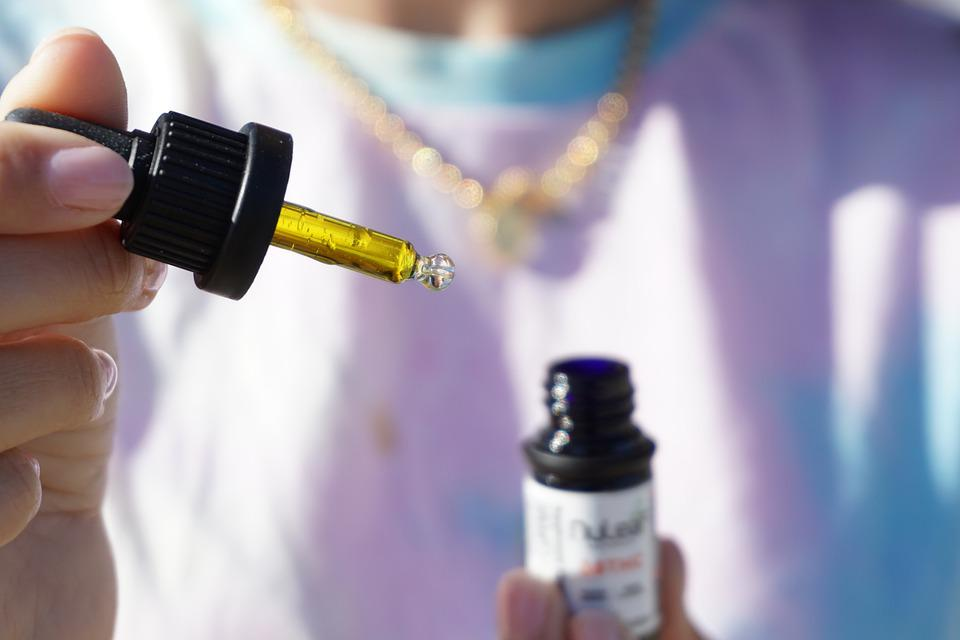
Delta-8-tetrahydrocannabinol (Δ8-THC) is a cannabinoid that occurs naturally in the cannabis sativa plant. Delta-8 THC is similar to Delta-9 THC, the active ingredient in Marijuana that produces the “high” feeling but is weaker and less psychoactive.
Δ8-THC has been shown to have some therapeutic benefits, including reducing anxiety and nausea, and is being studied for its potential use in treating various medical conditions.
Where Does Delta-8 Come From?
Delta-8 THC naturally occur in small quantities in cannabis plants. To meet the demand to make more Delta 8 THC products, significant amounts of THC can be produced through hemp-derived cbd.
It is synthetically produced in a lab by extracting CBD from hemp plants and converting it into Delta 8 using a chemical process. This type of Delta 8 is sometimes called “artificial” or “synthetic” and is often more potent and offers more medical benefits than the natural form.
Delta-8 THC vs Delta-9 THC: Comparison
Delta-8 THC and Delta-9 THC (regular THC) are both cannabinoids found in cannabis sativa plants. Both of these compounds interact with the body’s endocannabinoid system. However, they do so in different ways.
Below is a comparison of these two THCs.
Delta-8 THC is an analog of Delta-9 THC. This means that it has a similar chemical structure but with some slight differences.
Both of these THCs bind to the CB1 receptors (which are responsible for the psychoactive properties of the cannabis plant) in the brain, but Delta-8 THC does so with a slightly lower affinity than Delta-9 THC because of its molecular structure. This accounts for its reduced effects.
Some people claim that Delta-8 THC provides a more clearheaded high, while others say it is more energizing. There is not a lot of scientific research on Delta-8 THC, so its effects are not fully understood yet.
Is Delta-8 the Same as CBD?
No, Delta-8 THC is not the same as CBD.
Delta-8 and CBD are cannabinoids but have different effects on the body.
Delta-8 is a potent cannabinoid that occuring in cannabis plants. It binds to the CB1 receptor in the brain and can produce psychoactive effects.
CBD, on the other hand, is a non-psychoactive compound that does not bind to CB1 receptors. While both cannabinoids are beneficial for health, they offer different benefits.
What Does Delta-8 Do to Your Body?
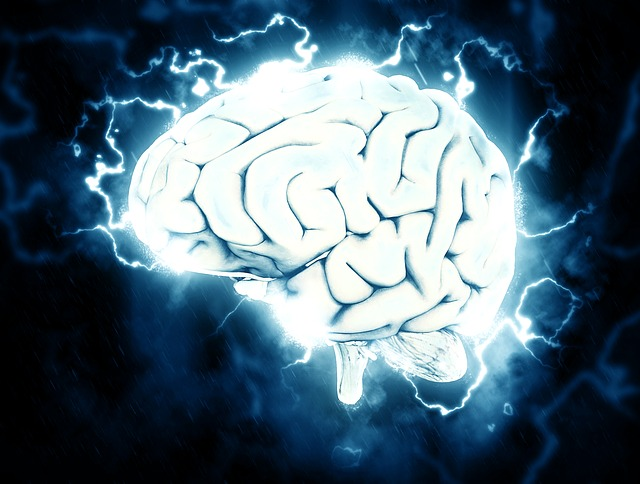
Delta-8 binds to the CB1 cannabinoid receptors in the brain. These receptors are responsible for the psychoactive properties of cannabis.
Delta-8 THC has been shown to stimulate the release of endocannabinoids, which are endogenous cannabinoids that activate the same receptors as regular THC.
These endocannabinoids are responsible for various physiological processes, including appetite, pain sensation, mood, and memory. When it enters the body, it binds to the cannabinoid receptors and causes a reaction.
This reaction can vary depending on the person’s physiology. Some people report feeling more alert and clearheaded after taking Delta-8, while others claim that it helps them relax and sleep better.
There is currently no scientific evidence to support these claims, but the compound is being studied for its potential therapeutic benefits.
What are the Benefits of Delta-8?
The potential benefits of Delta-8 THC are not fully understood yet, as there is limited scientific research on the compound.
However, Delta 8 is a “good” alternative to regular Delta-9 THC. By good, it means it has many of the same properties without being psychoactive. Still, it can make you feel nice while conferring medical benefits.
Some people claim that Delta-8 provides many benefits, including improved mood, increased energy, and enhanced focus. This makes it a good alternative for those who want to avoid the couch-lock effect that comes from cannabis use.
Delta 8 has shown an impact in improving some health conditions. The most notable medical benefits that Delta-8 offers include:
- help with appetite loss
- relief from anxiety
- prevent nausea
- Pain relief
Studies suggest that Delta-8 THC has potential anti-cancer properties. According to the National Library of Medicine, research shows that cannabis given to cancer patients helped them prevent nausea. However, the impacts can also be attributed to other compounds in the cannabis plant and more research is needed to prove whether it can be used for medical care.
What are the Effects of Delta-8?
Since Delta 8 is a relatively new cannabinoid, there is still limited research available on its potential side effects.
The director of the National Institutes of Health-funded Center of Excellence, Daniele Piomeli, says that Delta-8 possesses the same effects as those of Marijuana. But also adds that Delta-8 is not as potent as Delta-9.
Based on what we know about other cannabinoids, it’s possible that Delta 8 THC could cause some negative effects. Some common THC risks include:
- Anxiety and paranoia: Some people may experience anxiety or paranoia when using Delta 8 products. Delta 8 can interact with the body’s stress response system. If you’re susceptible to anxiety or paranoia, it’s best to avoid Delta 8 altogether.
- Dry mouth: Cannabinoids like Delta 8 can cause dry mouth (aka cottonmouth). This occurs because they reduce saliva production in the body. To combat this, drink plenty of water and chew sugar-free gum.
- Dizziness: Delta 8 can also cause dizziness, especially when taken in large doses. If you experience dizziness after taking Delta 8 THC products, it’s best to stop using the compound and speak with a doctor.
- Reduced blood pressure: Consuming large amounts of Delta-THC can cause a temporary drop in blood pressure. This can lead to lightheadedness and dizziness.
- Increased heart rate: Delta 8 can also increase your heart rate. This effect is usually temporary and should subside within a few hours. However, it’s best to avoid Delta 8 THC products if you have a heart condition.
Is Delta-8 THC Legal?
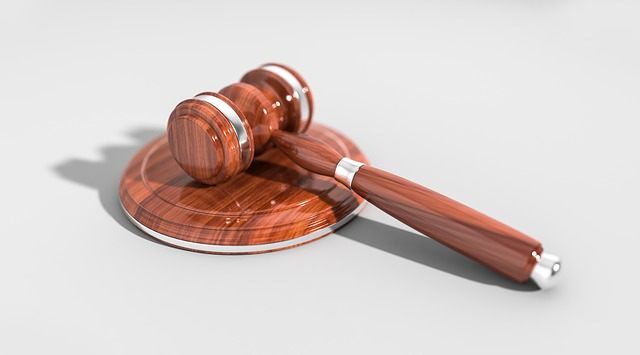
Yes, Delta-8 is legal.
The 2018 Farm Bill (Agriculture Improvement Act) removed hemp from the list of controlled substances in the Controlled Substances Act. It is now regulated at the federal level as an agricultural commodity as long as it comes from naturally occurring hemp plants.
The Farm Bill allows the sale of industrial hemp with no more than 0.3% of THC legal. This created a loophole in the production of Delta 8 THC products that have THC levels of more than 0.3% as long as they are labelled that they come from hemp.
However, state laws may still vary from state to state. Each state has its own laws governing the sale and use of hemp-derived products.
And while Delta-8 THC is legal in most states, it remains illegal in the following states:
- Iowa
- Utah
- Idaho
- Alaska
- Arizona
- Arkansas
- Colorado
- Delaware
- Montana
- New York
- Mississippi
- Rhode Island
Is Delta-8 THC Safe?
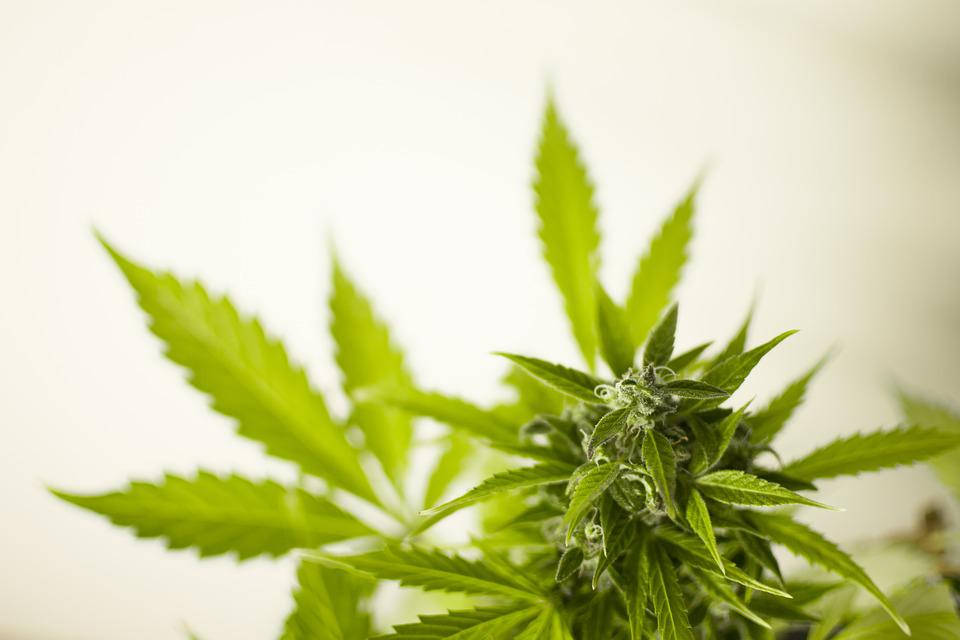
There is currently no long-term data available on the safety of Delta-8 THC. However, delta-8 is similar to Delta-9 in terms of structure and effects. So, it’s likely that Delta-8 THC is just as safe as Delta-9 THC.
Although Delta 8 THC isn’t a controlled substance since it doesn’t fall under the legal definition of Marijuana as per the 2018 Farm Bill, the Food and Drug Administration (FDA) lists it among the potentially harmful substances.
Delta 8 substance use should also be restricted from children and pregnant women.
How Should I Take Delta 8?
You can take Delta 8 in many different ways. The most common method is to smoke or vape it. However, you can also take it as an edible, tincture, or capsule.
Delta 8 can also be used topically, although it is less commonly used in this way. Topical Delta 8 products are usually applied to the skin in the form of lotions, oils, or salves.
If you’re smoking or vaping Delta 8, it’s important to start with a low dose and increase gradually as needed. This will help you avoid any potential adverse reactions.
Delta 8 is not a controlled substance on the federal level and since the FDA does not regulate its products, purchasing them from a reputable source is important.
How Much Delta-8 Should I Take?
There’s no prescribed amount of Delta-8 you should consume.
It’s always best to start with a low dose and increase the amounts as needed.
If you’re taking it for the first time, starting with a 5-10 mg dose is best. Increase this dosage gradually until you achieve the desired results you seek. To avoid any negative side effects, it’s also important not to take more delta-8 than you need.
A few factors should help you determine the amount of delta-8 you take, including your body weight, the concentration of delta-8 in your product, your tolerance, your metabolism, and the desired results. For example, if you weigh more than 200 pounds, you may need a higher dose than someone who weighs less than 150 pounds.
Delta-8 is also more potent when isolated from other cannabinoids like CBD or THC, so check the concentration before consuming any product.
And finally, if you have a fast metabolism or are tolerant to THC, you may need to consume more delta-8 to feel its effects. Ultimately, it’s important to start slowly and increase your dosage as needed until you find the perfect amount.
Does Delta-8 Make You High?
Yes, Delta-8 can make you high.
However, the high is usually less intense than the one caused by Delta-9 THC.
Delta-8 binds to the CB1 receptors in the central nervous system, which are responsible for producing the psychoactive effects of cannabis. However, it only binds to these receptors weakly, which is why the high is less intense.
How Long Does a Delta-8 High Last?
The effects of delta-8 usually last for 3-4 hours. This can vary depending on how much you consume and your individual tolerance.
Does Delta-8 Show up on a Drug Test?
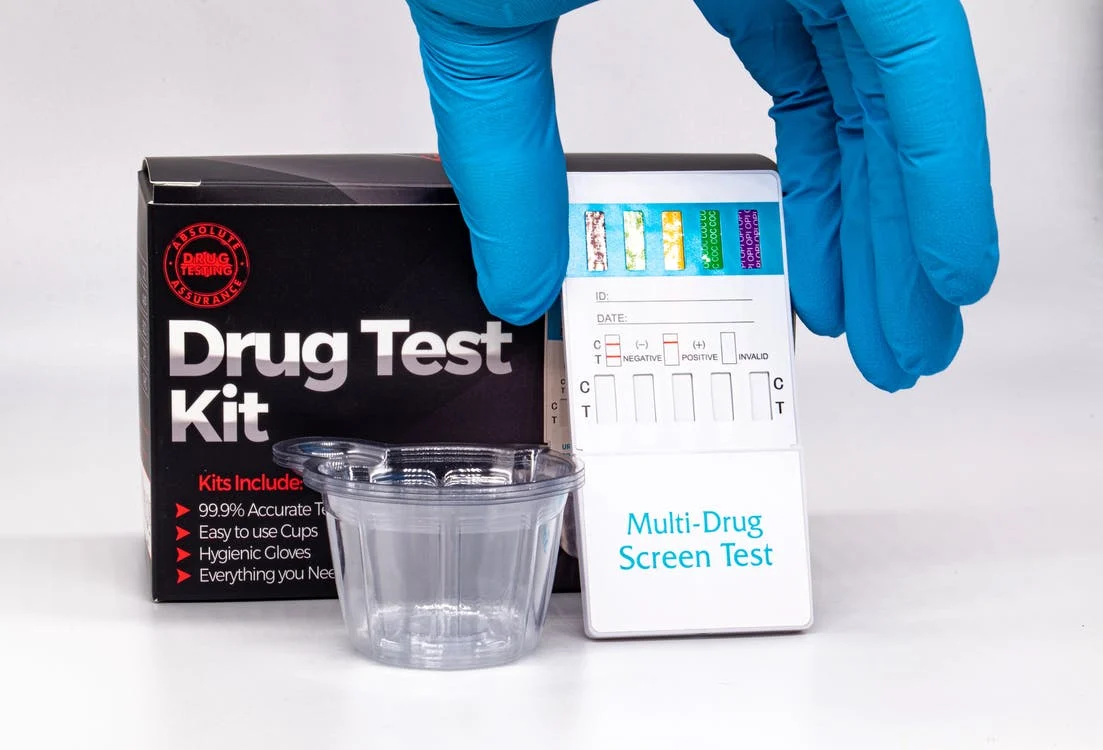
Yes, you can get a positive drug test.
Delta-8 is a cannabinoid, and most drug tests are designed to detect cannabinoids like THC.
However, delta-8 is usually only detected on more sophisticated drug tests that specifically test for it. Most standard drug tests will not test positive for Delta-8.
Delta-8 and the FDA
While hemp products are legal under federal law, the FDA does not approve the use of delta-8 for any medical and recreational use.
Through a 2022 report, FDA claims that poison control centers report the use of Delta 8 THC led to adverse events among some users. Some of the adverse events that the FDA noted include, hallucination, anxiety and unconsciousness.
FDA warns against the use of cannabis products; which include hemp-derived cbd products, and nonprescription cbd products.
Where Can You Buy Delta 8?
You can buy Delta 8 products online from various retailers. You can also purchase them from brick-and-mortar stores like vape shops, smoke shops, or gas stations.
However, it’s important to purchase delta 8 from a reputable source. This will ensure that you’re getting a quality product.
Is CBD a Good Alternative to Delta 8?
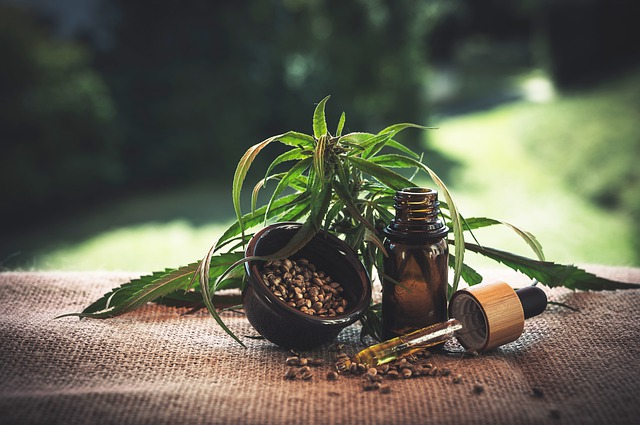
CBD is a good alternative to delta 8 for those who want the potential medical benefits of delta 8 without the psychoactive effects since CBD is non-psychoactive and does not produce a high. Though research on CBD is still in its early stages, the evidence suggests that it may help treat conditions like anxiety, pain, and inflammation.
CBD is also federally legal and regulated by the FDA which means you can be sure you’re getting a quality product when purchasing CBD.
Unlike Delta 8, CBD is legal in all 50 states. This makes it easy to buy and use without having to worry about the legal implications. Its products are available in various forms, including cbd oils, tinctures, capsules, and edibles. You can also find CBD topicals, such as lotions and salves.
There are some possible side effects of CBD, including diarrhea, reduced appetite, drowsiness, and fatigue. It’s also important to note that CBD can interact with other medications you’re taking, so be sure to talk to your doctor before using it.
Overall, CBD is a promising compound with many potential health benefits. However, more research is needed to determine its efficacy and safety. If you’re considering using CBD, be sure to talk to your doctor first.

